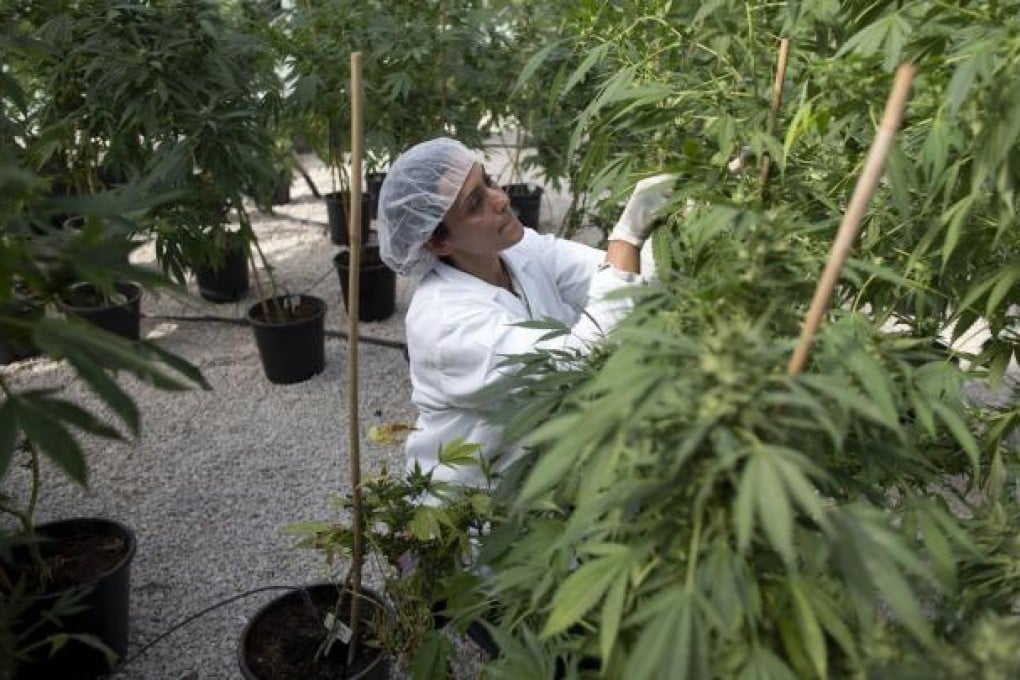Israel breeds medicinal cannabis without the buzz
Growers can tailor plants to relieve symptoms of different illnesses without psychotropic effects

At the end of an unpaved road, in a quiet suburb of a sleepy town in northern Israel, horticultural revolutionaries are growing a strain of cannabis they say relieves symptoms of some chronic illnesses, but without the psychotropic effects that can accompany regular marijuana.

The new drug removes a psychological barrier for those who could benefit from its properties but are loath to use standard marijuana, even with the blessing of the Israeli Health Ministry.
"We managed to isolate the molecules of THC and CBD," said Mor Cohen, head of the growing facility on the edge of the Galilee town of Safed, referring to cannabidiol, another component of cannabis, which can help ease symptoms of diabetes and some psychiatric disorders.
While the small family-based firm has developed a variety that is over 99 per cent CBD, it has also cross-bred it with other varieties to give plants with different mixes of the two ingredients, aimed at helping patients with differing needs.
Getting the balance right, they say, can ease pain and stimulate appetite, while reducing or eliminating unwanted effects.